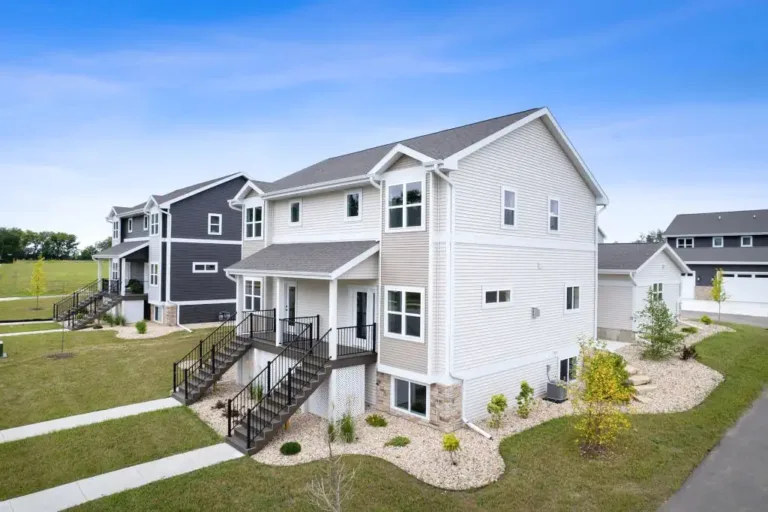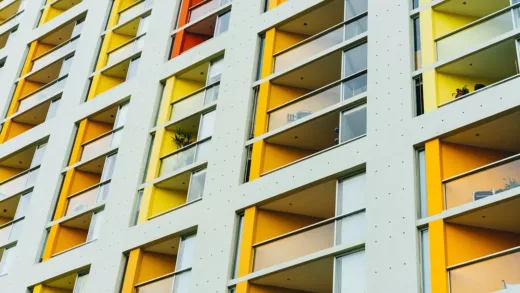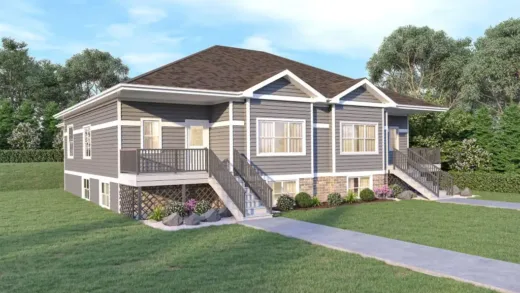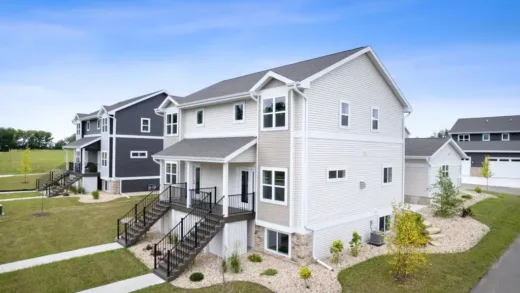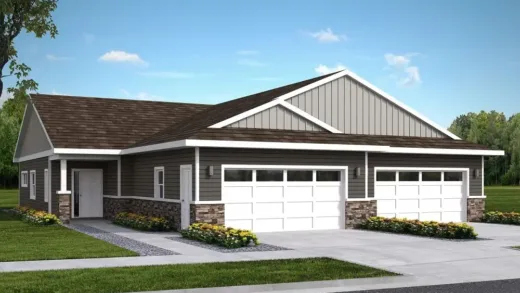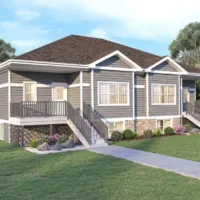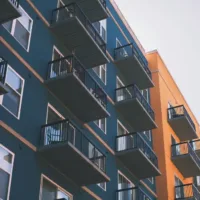This articles provides a comprehensive guide to the Legal Requirements for a Condo Association in Wisconsin
Contents
Introduction
Condominium living offers a unique blend of community and independence. In Wisconsin, condominium associations (also known as condo associations or HOAs) are essential in managing these communities.
They ensure that shared spaces are well-maintained and that community rules are enforced. However, running a condo association involves navigating a complex web of legal requirements.
This article provides an in-depth look at the legal landscape governing condo associations in Wisconsin, helping board members and residents understand their rights and responsibilities.
Understanding the Basics
What is a Condo Association?
A condominium association is a legal entity created to manage and maintain the common areas of a condominium development. The association is typically composed of unit owners who are elected to the board. Their responsibilities include enforcing community rules, managing finances, and overseeing maintenance and repair work.
Legal Framework
In Wisconsin, condominium associations are governed by the Wisconsin Condominium Ownership Act (Wis. Stat. Chapter 703 – §§ 703.01–703.38). This statute outlines the legal framework within which condo associations must operate, including the formation of the association, the management of common areas, and the rights and obligations of unit owners.
NOTE: 2003 Wis. Act 283, which affected chapter 703, contains extensive explanatory notes.
Formation and Governance
Declaration and Bylaws
Declaration of Condominium: The declaration is a legal document that establishes the condominium and its association. It includes details about the property, the allocation of common elements, and the percentage of ownership each unit has. This document must be recorded with the county register of deeds.
Bylaws: The bylaws govern the internal operations of the association, including board member duties, election procedures, and meeting protocols. They should align with the declaration but can be amended by the association’s members as needed.
Board of Directors
Election and Terms: The board of directors manages the day-to-day operations of the association. Board members are typically elected by the unit owners, and their terms are defined in the bylaws. Directors owe a fiduciary duty to the association, meaning they must act in the best interests of the community.
Duties and Powers: The board is responsible for enforcing the rules, managing finances, maintaining common areas, and making decisions on behalf of the association. They must follow the procedures outlined in the bylaws and the declaration.
Financial Management
Assessments and Fees
Common Expenses: Unit owners are required to contribute to the common expenses of the condominium through assessments or fees. These cover maintenance, repairs, insurance, and other shared costs.
Budgeting and Reserve Funds: The board must prepare an annual budget that outlines projected income and expenses. They are also required to maintain a reserve fund for major repairs and replacements. The reserve fund helps ensure that the association can cover large expenses without needing special assessments.
Collection of Assessments
Delinquency: If a unit owner fails to pay their assessments, the association has the right to pursue collection actions, which can include imposing late fees, initiating liens, and, in extreme cases, foreclosure proceedings.
Enforcement: The association must follow specific procedures for collection and enforcement, which are often outlined in the declaration and bylaws. It’s crucial to ensure compliance with state laws and to handle delinquent accounts fairly and transparently.
Maintenance and Repairs
Responsibilities
Common Elements: The association is responsible for maintaining and repairing common elements, such as hallways, roofs, and recreational facilities. This includes regular upkeep and addressing any issues that arise.
Unit Owner Responsibilities: Unit owners are typically responsible for maintaining their individual units. However, if issues in a unit affect common elements, the association may need to intervene.
Rules and Regulations
Establishing Rules
Purpose: Rules and regulations help maintain order and ensure a pleasant living environment. They can cover a wide range of issues, including noise levels, pet policies, and the use of common areas.
Adoption and Enforcement: Rules must be adopted in accordance with the procedures outlined in the declaration and bylaws. The board is responsible for enforcing these rules and handling any disputes that arise.
Fair Housing Compliance
Discrimination: Condo associations must comply with federal and state fair housing laws, which prohibit discrimination based on race, color, religion, sex, disability, familial status, or national origin. The association’s rules and enforcement actions must not violate these laws.
Meetings and Voting
Annual and Special Meetings
Frequency: The association must hold an annual meeting to discuss the association’s business, including financial matters and election of board members. Special meetings can be called as needed, often to address urgent issues or specific matters requiring member input.
Notice and Procedures: Proper notice of meetings must be provided to all unit owners, and meetings must be conducted in accordance with the bylaws. Typically, this includes setting an agenda, allowing for member participation, and keeping minutes of the proceedings.
Voting
Quorums: A quorum is the minimum number of members required to hold a valid meeting. This is usually defined in the bylaws.
Types of Votes: Decisions can be made through different types of votes, including simple majority votes, supermajority votes, or unanimous votes, depending on the issue and what is outlined in the declaration and bylaws.
Dispute Resolution
Internal Disputes
Mediation and Arbitration: Disputes between unit owners or between owners and the board can often be resolved through mediation or arbitration, as outlined in the bylaws. These processes provide a way to address conflicts without resorting to litigation.
Legal Action: In some cases, disputes may escalate to legal action. The association may need to seek legal counsel to address complex issues or to enforce the declaration and bylaws.
Compliance and Record-Keeping
Documentation
Record-Keeping: The association must maintain accurate records, including minutes of meetings, financial statements, and correspondence. These records should be available for inspection by unit owners.
Compliance: The board is responsible for ensuring that the association complies with all applicable laws and regulations, including those related to financial reporting, meeting procedures, and maintenance.
Conclusion
Condominium associations in Wisconsin operate within a structured legal framework designed to balance the interests of individual unit owners with the needs of the community. By understanding and adhering to the legal requirements, board members and residents can help ensure that their condominium operates smoothly and fairly.
Whether you’re a board member navigating the intricacies of condo governance or a resident seeking to understand your rights and responsibilities, having a solid grasp of the legal landscape can make all the difference.
Stay informed, follow the rules, and engage with your community to help create a harmonious and well-managed living environment.
Disclaimer
This article provides a broad overview of the legal requirements for condominium associations in Wisconsin. For more specific legal advice or issues, consulting with a legal professional who specializes in condominium law is always recommended.
